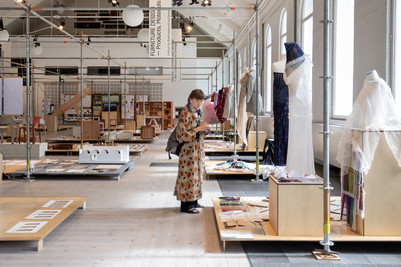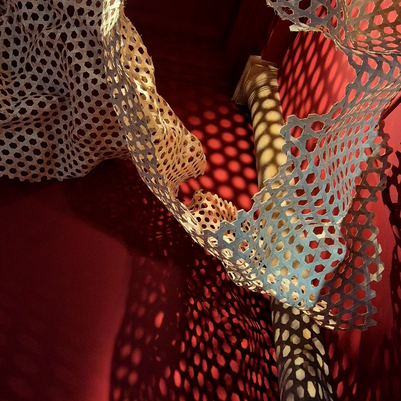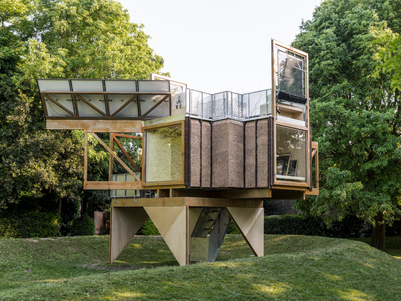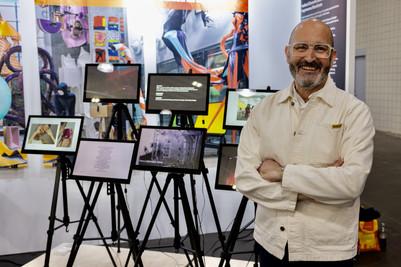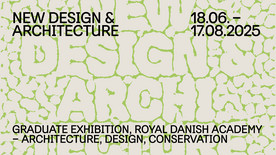
About Royal Danish Academy - Architecture
Through research, artistic practice and the development of their special characteristics, Royal Danish Academy - Architecture aims to educate high-profile architects to take their place amongst the most sought-after architects in the world.
The fundamental conviction of the programme is that architecture is not simply about designing buildings, towns and cities, components etc., but is also a special form of reflection and practice, which can change the world and our perception of reality.
The education is supported by practice, research and, not least, by artistic development. The fundamental, issue-oriented teaching strengthens the students’ academic, artistic and professional skills.
Research and artistic development are also considered in their own right as forms of professional architectural reflection, which invite the outside world to think and act differently.
We take part in the world around us
The development of this professional architectural reflection occurs in a concrete encounter with the world. In this context we respond to a number of major changes in society:
- We respond to sustainability and climate adaptation by looking at them as something more than just a technological challenge. We involve social, economic, aesthetic and cultural dimensions etc. in studies and solutions. And we look across areas of knowledge, industries and value chains.
- We respond to the knowledge society by insisting that knowledge assumes many forms. We integrate scientific, artistic and practice-oriented approaches in our teaching. Research and artistic development have very high priority and we focus on dissemination, in the form of both exhibitions and articles.
- We respond to the increased complexity society by providing our students with a broad, holistic undergraduate education, while the more specifically focused graduate programmes teach them in-depth specialisation aimed at a broad-based labour market.
- We respond to the challenges posed by the welfare society by examining how the social commitment, which characterised Danish architecture in the post-war period, can be developed in relation to a contemporary context. In this respect, we draw on the Academy’s special tradition of educating artistically gifted architects, who build for society as a whole - including the average citizen.
- We respond to globalisation by providing our students with international experience (internships, study abroad, foreign peers and teachers, assignments that tackle international issues etc.) and by giving them a better understanding of our regional characteristics, so we can make a very special contribution in a globalised world. These characteristics include the capability of combining a high level of artistic ambition with an interest in everyday culture.
- We respond to digitisation by providing students with skills in relation to the architect’s analogue and digital tools and forms of representation, engendering in them an awareness of the influence of those tools on the final result.
Architectural studies include programmes at the Institute of Architecture and Culture, the Institute of Architecture, Town and Landscape, the Institute of Architecture and Technology and the Institute of Architecture and Design.




